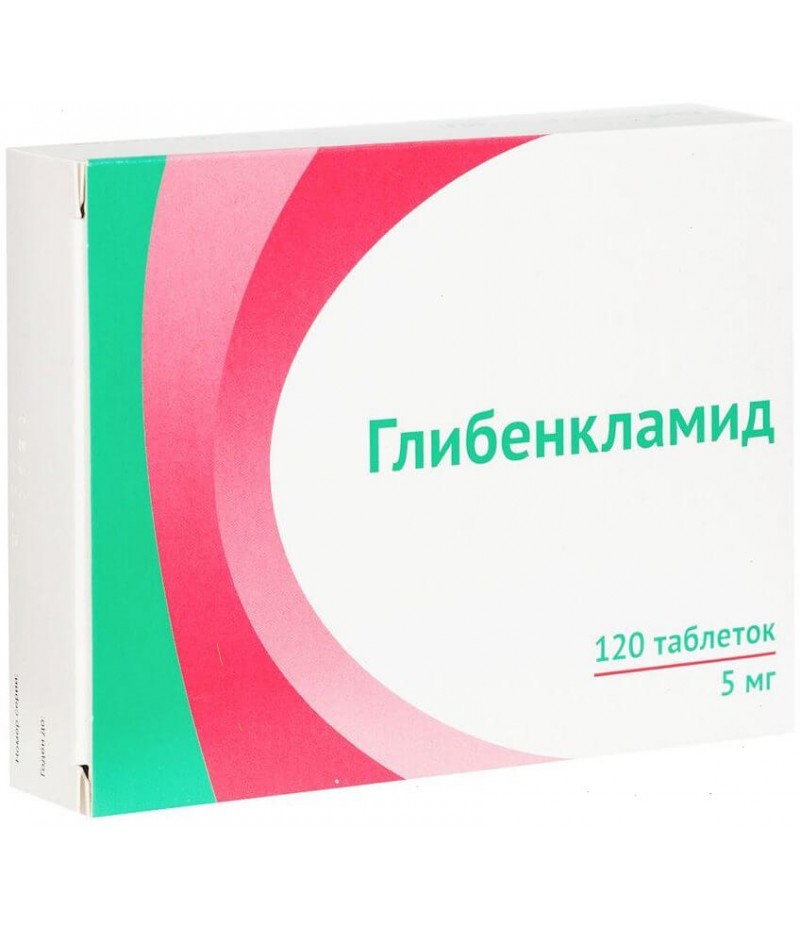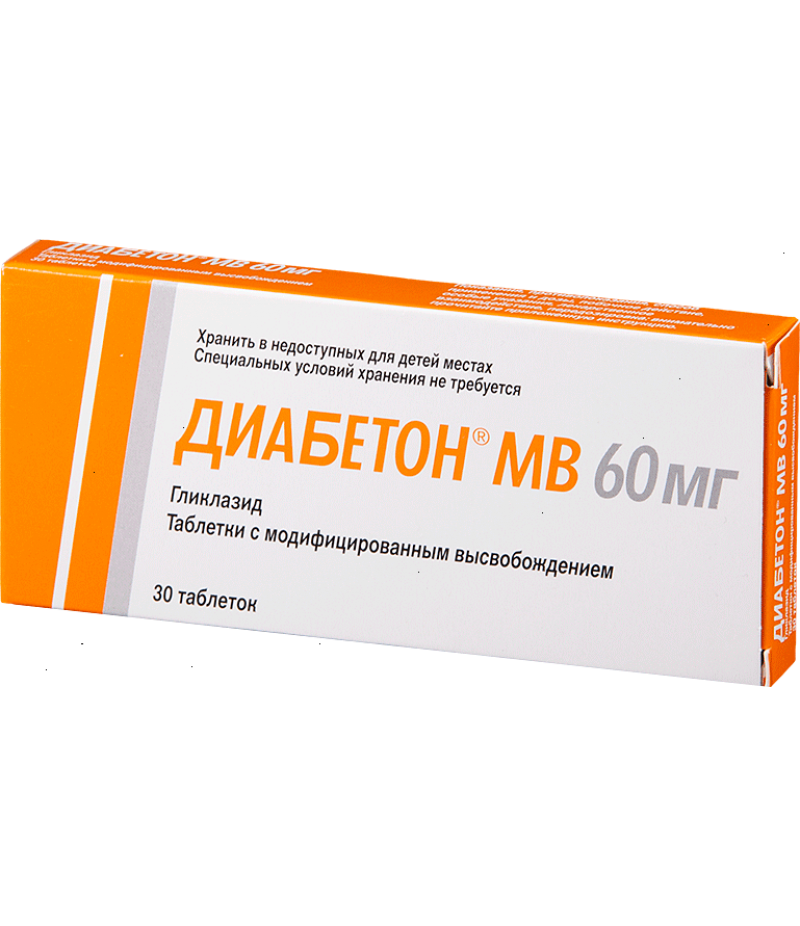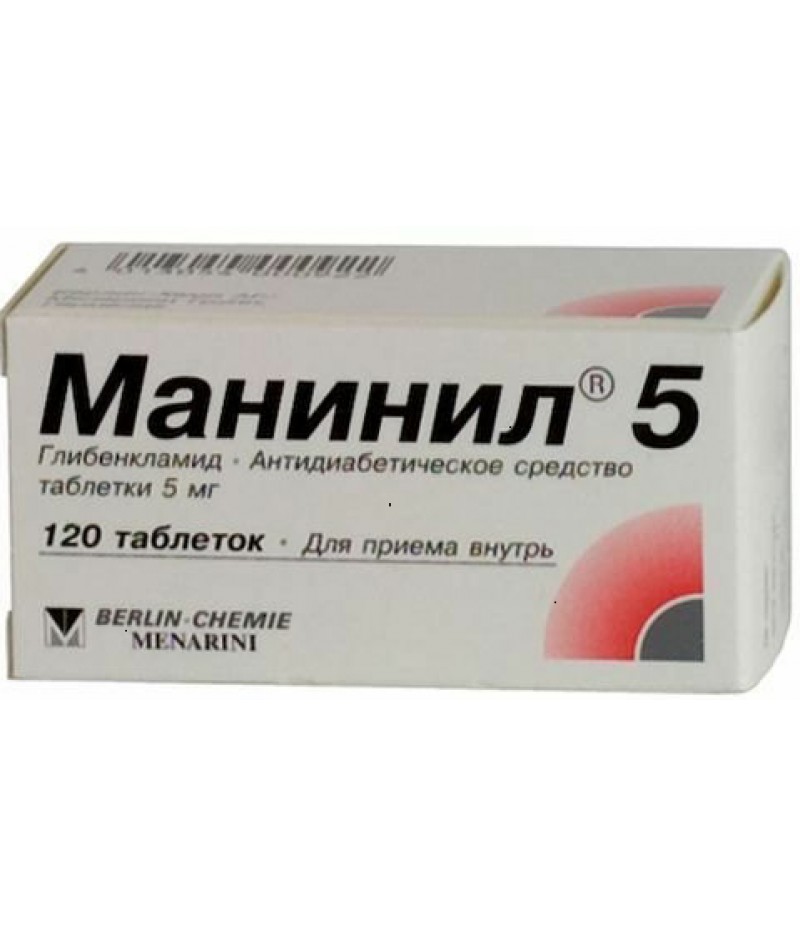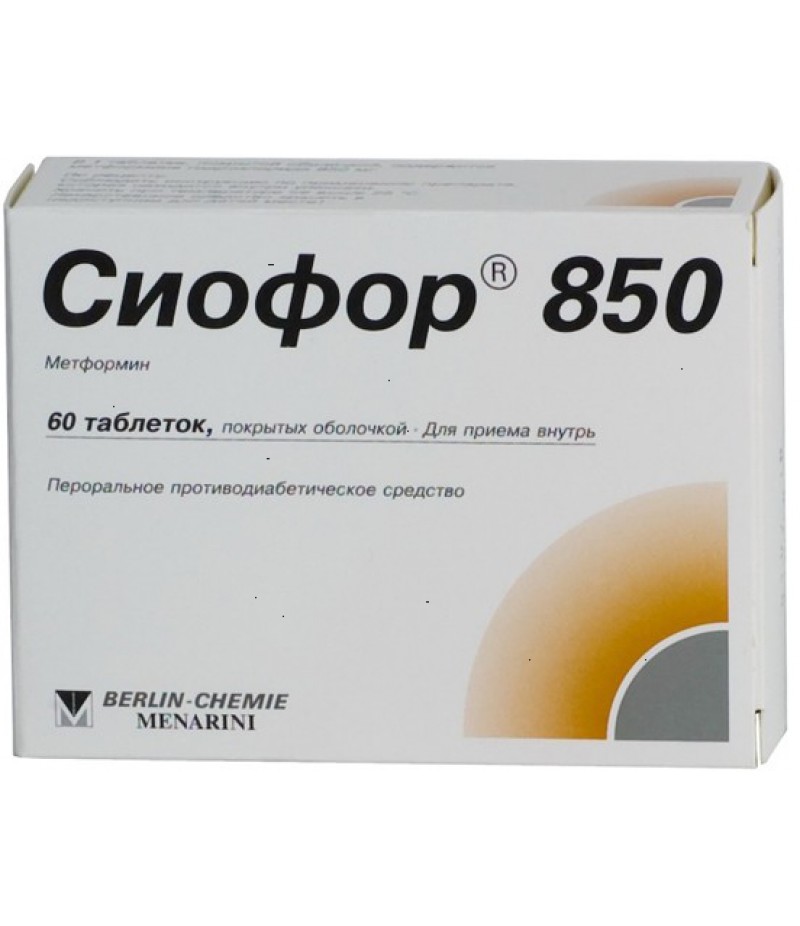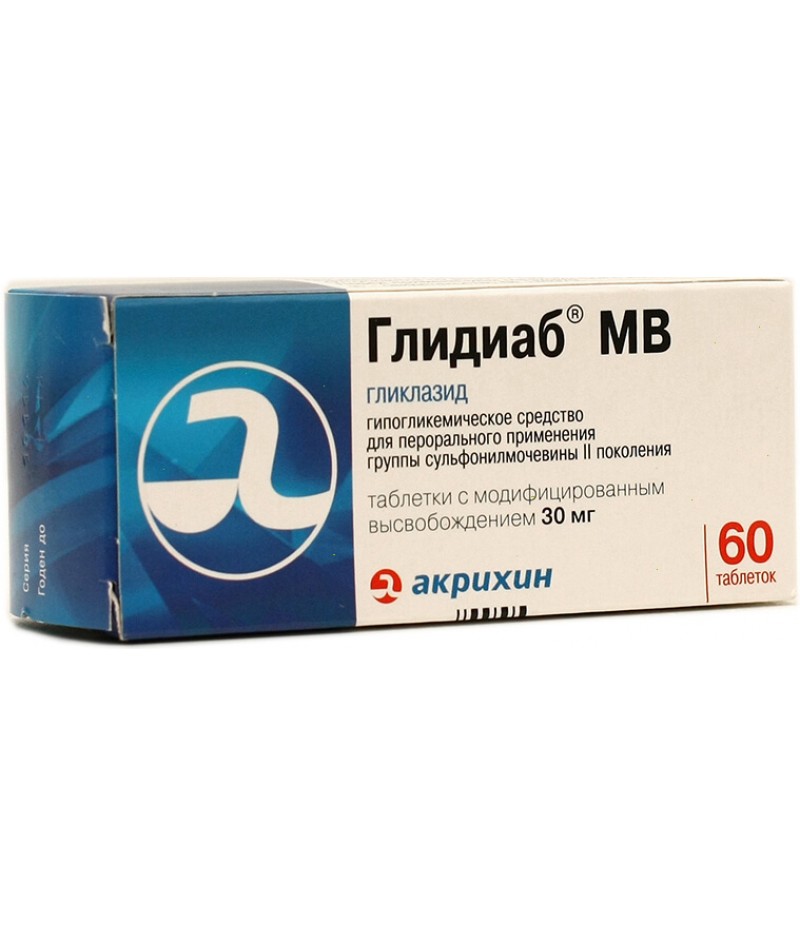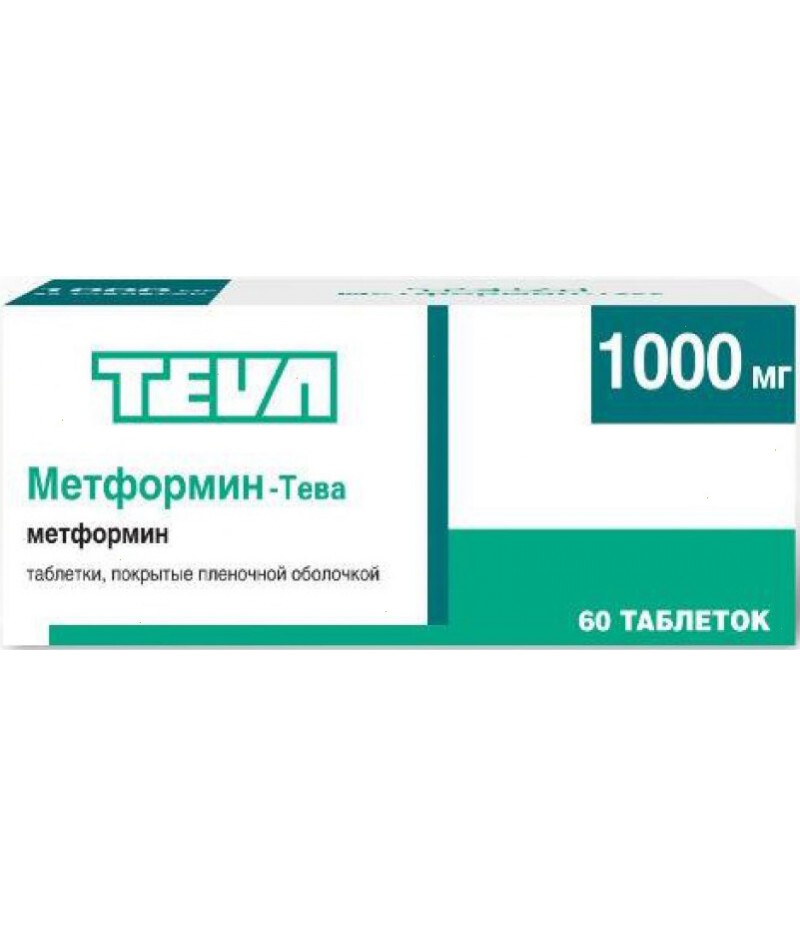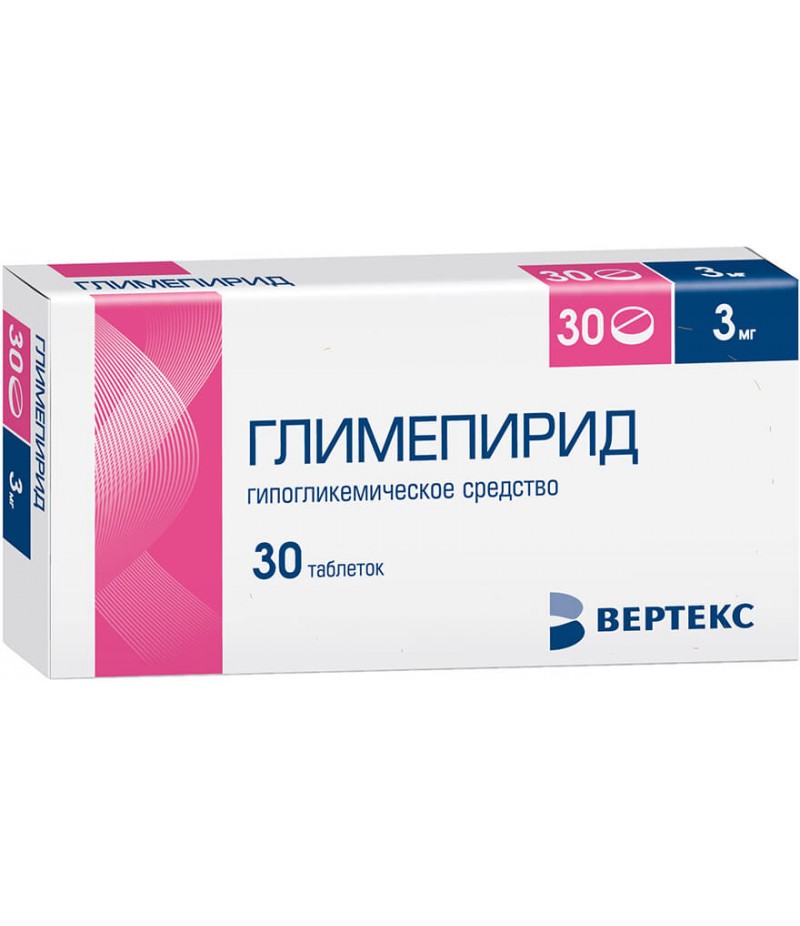Glibenclamide tabs 5mg #120
- $6.27
- 3 or more $6.19
- Availability:In Stock
Glibenclamide user manualYou can buy Glibenclamide on this pageCompositionThe drug contains the active ingredient glibenclamide - 5 mg.Release formGlibenclamide is produced in the form of tablets, packaged in 120 pieces in a bottl..
Tags: tabs
Glibenclamide user manual
You can buy Glibenclamide on this page
Composition
The drug contains the active ingredient glibenclamide - 5 mg.
Release form
Glibenclamide is produced in the form of tablets, packaged in 120 pieces in a bottle, which is placed in a pack.
pharmachologic effect
The drug has an antithrombotic, hypolipidemic and hypoglycemic effect.
Pharmacodynamics and pharmacokinetics
Glibenclamide is an oral hypoglycemic drug related to sulfonylurea derivatives. The mechanism of action of Glibenclamide involves the stimulation of insulin secretion by β-cells in the pancreas, increasing insulin release. Predominantly, efficacy is manifested in the second stage of insulin production. This increases the sensitivity of peripheral tissues to the action of insulin, as well as its connection with target cells. In addition, Glibenclamide is characterized by a lipid-lowering effect and a decrease in blood thrombogenic properties.
Inside the body, fast and complete absorption of the substance from the gastrointestinal tract is noted. Communication with plasma proteins corresponds to almost 95%. The drug is metabolized in the liver, resulting in the formation of inactive metabolites. Excretion occurs mainly in the composition of urine and part of the bile, in the form of metabolites.
Indications for use
Glibenclamide is prescribed to patients with type 2 diabetes when it is impossible to compensate for hyperglycemia with a diet, weight loss, and physical activity.
Contraindications for Glibenclamide
The drug is not recommended for use with:
hypersensitivity to glibenclamide or sulfonamides and thiazide diuretics;
diabetic precomatose or comatose state;
ketoacidosis;
extensive burns;
injuries and surgeries;
intestinal obstruction and paresis of the stomach;
various forms of food absorption disorders;
the development of hypoglycemia;
lactation, pregnancy;
type 1 diabetes and so on.
Side effects
With Glibenclamide treatment, undesirable symptoms may develop that affect the endocrine, digestive, nervous, peripheral, and hematopoietic systems. Therefore, there may be: hypoglycemia of varying severity, nausea, diarrhea, abnormal liver function, cholestasis, headache, weakness, fatigue and dizziness.
Also, the manifestation of allergic and dermatological reactions in the form of: skin rash, itching, photosensitization and other symptoms.
Instructions for use Glibenclamide (method and dosage)
Instructions for use of Glibenclamide reports that the dose of the drug is set individually and depends on the age, severity of the disease and the level of glycemia. Tablets are taken orally, on an empty stomach or 2 hours after eating a meal.
The average daily dose set in the range of 2.5-15 mg, with a frequency of taking 1-3 times a day.
Daily doses above 15 mg are rarely used, and there is no significant increase in the hypoglycemic effect. Elderly patients at the beginning of treatment set a daily dose of 1 mg. All transitions from one drug to another, dose manipulation, and so on, must be carried out under the supervision of a specialist.
Overdose
In case of an overdose, hypoglycemia may develop, which can be accompanied by a feeling of hunger, weakness, anxiety, headache, dizziness, sweating, palpitations, muscle tremors, brain edema, speech and vision disorders, and so on.
Treatment involves the urgent use of sugar, fruit juice, sweet hot tea, corn syrup, honey - in mild cases.
Severe cases require the introduction of a solution of glucose 50%, continuous infusion into a vein of a solution of Dextrose 5-10%, the introduction of Glucagon intramuscularly, Diazoxide inside. In addition, the necessary control of blood glucose, pH, creatinine, urea nitrogen, electrolytes.
Interaction
Combination of antifungal medications, antifungal able to potentiate hypoglycemia.
Simultaneous use with barbiturates, phenothiazines, diazoxide, glucocorticoid and thyroid hormones, estrogens, gestagens, glucagon, adrenomimetic drugs, lithium salts, nicotinic acid derivatives and saluretics can weaken the hypoglycemic effect.
Means capable of acidifying urine, for example: calcium chloride, ammonium chloride, large doses of ascorbic acid may enhance the effect of the drug. Combinations with rifampicin accelerate inactivation and reduce its effectiveness.
special instructions
It is recommended to treat with caution patients suffering from disorders of the liver and kidneys, with febrile conditions, the pathological functioning of the adrenal glands or thyroid gland, chronic alcoholism.
For the flow of a full-fledged therapeutic process, careful control of the level of glucose in the blood and the excretion of glucose is necessary.
If hypoglycemia develops in patients who are conscious, sugar or glucose is administered orally. In cases of loss of consciousness, glucose is administered intravenously, and glucagon is administered intramuscularly, subcutaneously, or intravenously.
When consciousness is restored, the patient is immediately given food saturated with carbohydrates to avoid repeated hypoglycemia.
Terms of sale
You can buy Glibenclamide without a prescription.
Storage conditions
Normal conditions are suitable for storing medications. At the same time the place should be inaccessible to children.
Shelf life - 5 years.
Alcohol
When treating with glibenclamide, it is necessary to refrain from taking alcohol-containing agents. Drinking alcohol can cause disulfiram-like reactions and severe hypoglycemia.
Glibenclamide Reviews
As a rule, Glibenclamide reviews are a discussion of therapeutic regimens recommended for people with diabetes.
Often, users report that they are taking this drug in monotherapy, but some patients are prescribed it in complex treatment, with complementary hypoglycemic drugs. Sometimes patients have questions related to insufficient or excessive efficacy of Glibenclamide.
According to experts, the appointment of this drug requires an individual approach to each patient, with the consideration of a specific case of the disease. Therefore, it is quite difficult and even dangerous to make recommendations in absentia.
Selection of logical and effective treatment requires some time and taking into account all the features, for example, control of blood sugar levels in various states. Only then can a suitable therapeutic regimen be developed that will allow the patient to maintain a state of health and general well-being.

